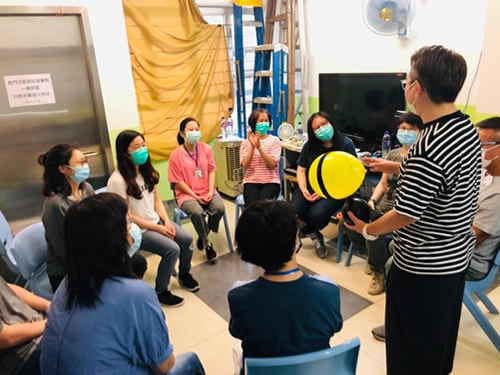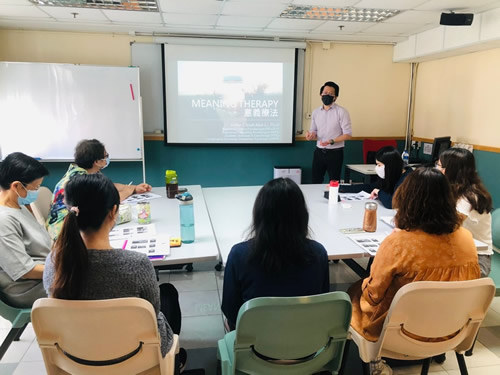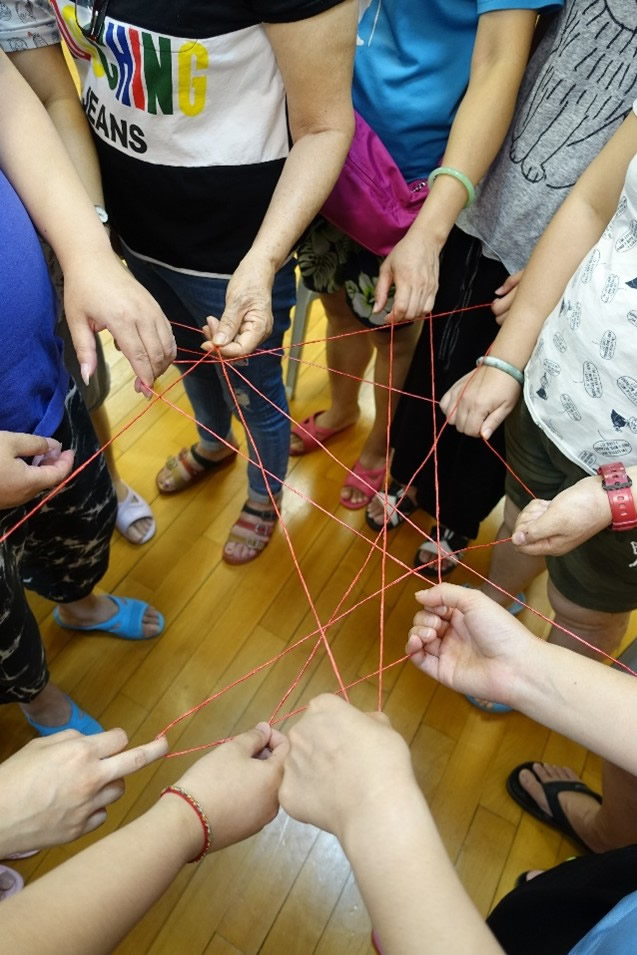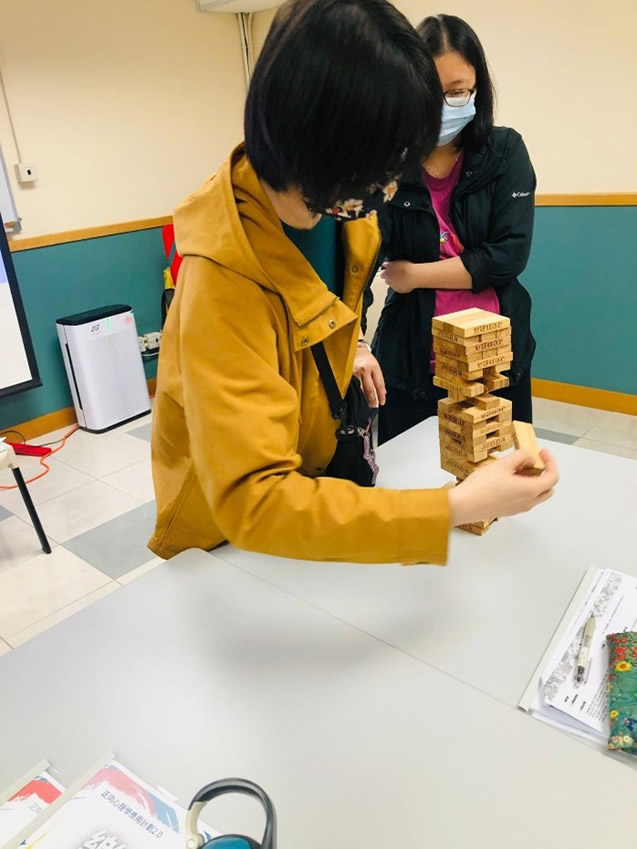According to Hong Kong Food and Health Bureau, about 48,000 people were diagnosed with schizophrenia in Hong Kong during 2015-2016. Schizophrenia is a mental disorder that impacts individuals, families, and societies. In Hong Kong, positive psychology-oriented WELLFOCUS positive psychotherapy (PPT) and recovery-oriented Social Cognition Interaction Training (SCIT) have been piloted to the people with psychosis in hospitals. However, the samples used in those studies were small and the studies only involved quantitative analyses. Assessments were only conducted in pre-and post-intervention, while no maintenance effect was evaluated. No studies have been conducted for people with schizophrenia (PWS) in half way houses (HWHs). Hence, the objectives of our study are: (1) To develop and evaluate an enhanced WELLFOCUS PPT (adding elements of meaning centered therapy to WELLFOCUS) and a hybrid CBSST-SCIT intervention (integrating Cognitive Behavioural Social Skills Training and SCIT), (2) To examine the effectiveness of the modified intervention in improving primary outcomes and secondary outcomes, such as quality of life, wellbeing, recovery, (3) To examine the mechanisms involved in the change in outcomes in the two modified interventions for PWS in HWHs. A sequential exploratory mixed-method (QUAN-QUAL) design is employed. For the quantitative research, a randomised waitlist-control design is adopted. A total of 198 PWS will be recruited from 15 HWHs operated by 4 agencies. Five HWHs will be randomly assigned to the trial arm 1 taking the enhanced WELLFOCUS PPT, five HWHs to trial arm 2 receiving the hybrid CBSST-SCIT intervention, and the remaining five to the trial arm 3 (waitlist control group with treatment-as-usual). Two groups with 7 PWS in each group will be organized at each HWH. The two 18-session draft practice manuals of the two modified intervention will be presented to 5 experts for comments prior to implementation. The intervention will be piloted with two groups at one HWH. The actual implementation of each intervention will be held for approximately 5 months in different periods of the year. The participants will complete the same questionnaire before the intervention (T1), after the intervention (T2) and six months after the intervention (T3) to examine the maintenance effect. ANCOVA will be conducted to compare the immediate and maintenance effects. For the qualitative study, semi-structured interviews will be conducted to understand the participants’ feelings and thoughts during the intervention and identify the factors that are crucial for them to benefit from the intervention based on their first-person experiences. Interpretative Phenomenological Analysis will be applied to guide the interviews and analysis. The study provides innovative approaches, integrating and broadening existing psychosocial intervention to enhance wellbeing and recovery of PWS. It is an evidence-based study that provides empirical evidence to support the enhanced intervention, which sheds light on the possible change mechanisms and contribute to mediation model building. There is knowledge transfer from the academics to the students, social workers, occupational therapists, and nurses to equip them with the knowledge and skills in helping PWS. The study also facilitates the transition from a problem-focused, medical orientation to a recovery, strength-based positive psychological orientation that emphasizes on the recovery and wellbeing of PWS. As PWS improve and recover, more places in hospitals and HWHs can be freed up for people on waiting lists, thus decreasing medical and welfare costs in the long run. The validated intervention can be incorporated as routine activities in HWHs to facilitate recovery of PWS. With evidence accumulated regarding the intervention effectiveness, we can urge the Government to promote recovery and positive psychology oriented interventions for PWS that supplement and enhance the medical approach. The intervention protocols will also be translated into English, uploaded to the websites for promotion locally and internationally to benefit PWS all over the world.





